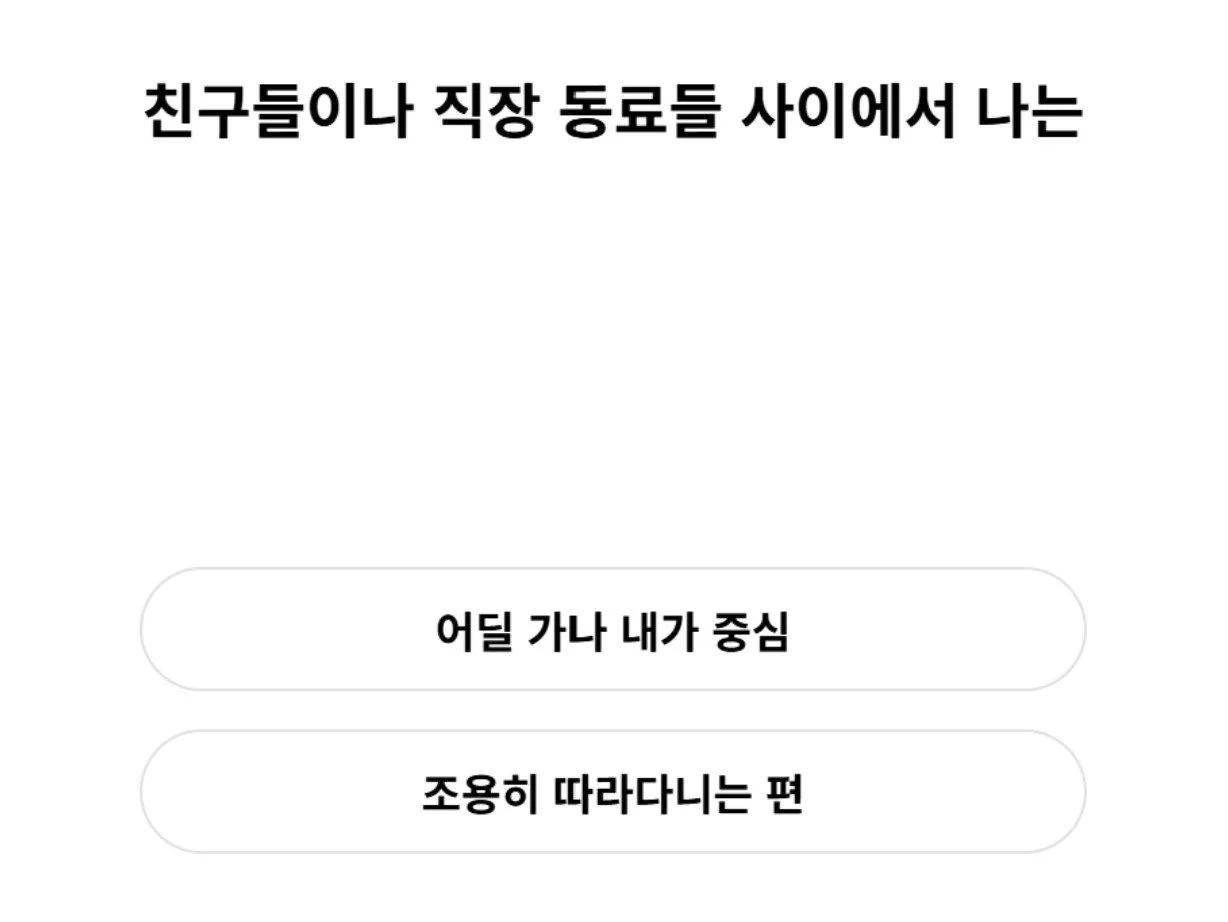Teto-Egen: Korea’s Latest Meme and What it Says About Gender
Caption: A Korean flower cafe idol birthday event, courtesy of the author
Recently a new trend has emerged in Korea, delineating various “MZ” gender archetypes between “testosterone-type” (테토 or teto) or “estrogen-type (에겐 or egen). The breakdown is rather simple: a “testosterone-type” person possesses more masculine characteristics, while an “estrogen-type” person is more stereotypically feminine. Subsequent combinations of “testosterone-men” or “estrogen-men” allow for gendered archetypes to cross existing gender-identities, based on dress, speech, or overall image.
The trend exploded after a July 2025 SNL Korea skit satirized the phenomenon. Egen-nam (Estrogen-man), played by Yook Sungjae, aspires to become a teto-nam (testosterone-man) after his testosterone-type girlfriend leaves him for an equally “teto” man. It’s on the nose, certainly intended to be satire, and brazenly pokes fun at the trend with its overzealous displays of gender archetypes (though perhaps playing into misogynistic tropes that suggest men who possess more feminine characteristics are less attractive or desirable as partners). Nevertheless, it launched the trend into the stratosphere of current Korean pop culture.
The trend fits neatly into a long-running desire to categorize oneself in the Korean MZ (Millennial-Gen Z) psyche and trend cycle, following in the footsteps of MBTI personality tests. It provides answers to those seeking to find their place in a turbulent and collective society. It is also used as a measure of romantic compatibility for those in the Korean dating market with specific preferences, according to The Korean Herald.
The breakdown is as follows:
Testosterone Men: extroverted, bold, dominant, have beards, have a masculine fashion style
Estrogen Men: introverted, mild-mannered, soft-spoken, have a more feminine fashion style
Testosterone Women: bold, outgoing, assertive, “tomboy-ish”
Estrogen Women: quiet, submissive, gentle, more classically feminine, have a soft and feminine fashion
Many netizens categorize Korean celebrities into these archetypes. IU, for example, is commonly heralded as the classic estrogen-type woman. Others are more tongue-in-cheek, with SEVENTEEN’s WOOZI recently remarking in a livestream that he sees himself as neither a testosterone-man or estrogen-man, but his own third option: a testosterone-woman himself.
While the trend is intended to be quite playful, it is an interesting leap for a culture with deep-set gender norms. It leans into gender stereotypes and binaries, but also brings to the forefront the understanding that gender stereotypes can, in fact, bridge genders.
“Among my friends and colleagues, I: A. Am the center-of-attention; B: Follow along quietly.” A question from one of many Teto-Egen quizzes, found at: https://www.metavv.com/ko/content/10926153
Edited by Sandy Ou


